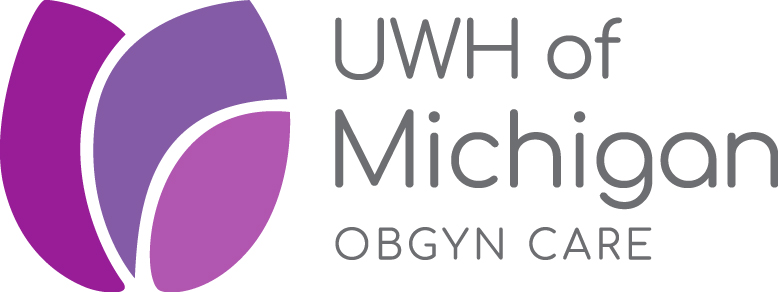What Makes a Pregnancy High Risk?
A pregnancy is considered high-risk if you or your baby have a greater risk of health complications than average. Many factors can contribute to a high-risk pregnancy, including:
- Age (if you are under 17 or over 35)
- Medical conditions present before pregnancy
- Family history
- Multiple pregnancies (twins, triplets, etc.)
- Previous pregnancies and complications
Pregnancy complications, such as an abnormal placental position, fetal growth restriction, high blood pressure, or diabetes, can elevate a pregnancy to high risk. These types of complications are typically found with an ultrasound or laboratory testing.
Your provider will discuss your medical and family history with you in either a preconception appointment or your first pregnancy appointment. This helps provide a better understanding of potential health conditions you may have or what conditions your baby may be at risk for developing.
If you have questions about high-risk pregnancies or if a health condition could lead to a high-risk pregnancy, your provider is more than happy to discuss that with you.
How Are High-Risk Pregnancies Diagnosed?
Prenatal care is critical to identifying a high-risk pregnancy. During appointments with your provider, be honest about how you’re feeling during pregnancy. Your doctor will ask specific questions at your visit to identify any complications.
Your provider may recommend some tests to monitor your pregnancy. Urine and blood tests can be used to check for genetic conditions or congenital disabilities that may develop. Ultrasounds are used to monitor your baby’s development and can be used to screen for abnormalities.
Managing a High-Risk Pregnancy
High-risk pregnancies need to be monitored more closely. Your provider will work with you to determine what level of monitoring you and your baby need, depending on your specific needs.
Some high-risk pregnancies require a consultation with a maternal-fetal medicine specialist. They will work with your provider to monitor your condition and recommend a plan of care.
A cesarean section or a specific time to induce labor may be recommended depending on your pregnancy.
Get High-Risk Pregnancy Care
If your current or next pregnancy is high risk, get the care you need from your provider at UWH of Michigan. We will monitor your condition throughout your pregnancy to ensure that you and your baby stay as safe and healthy as possible. Schedule an appointment for high-risk pregnancy care today.
